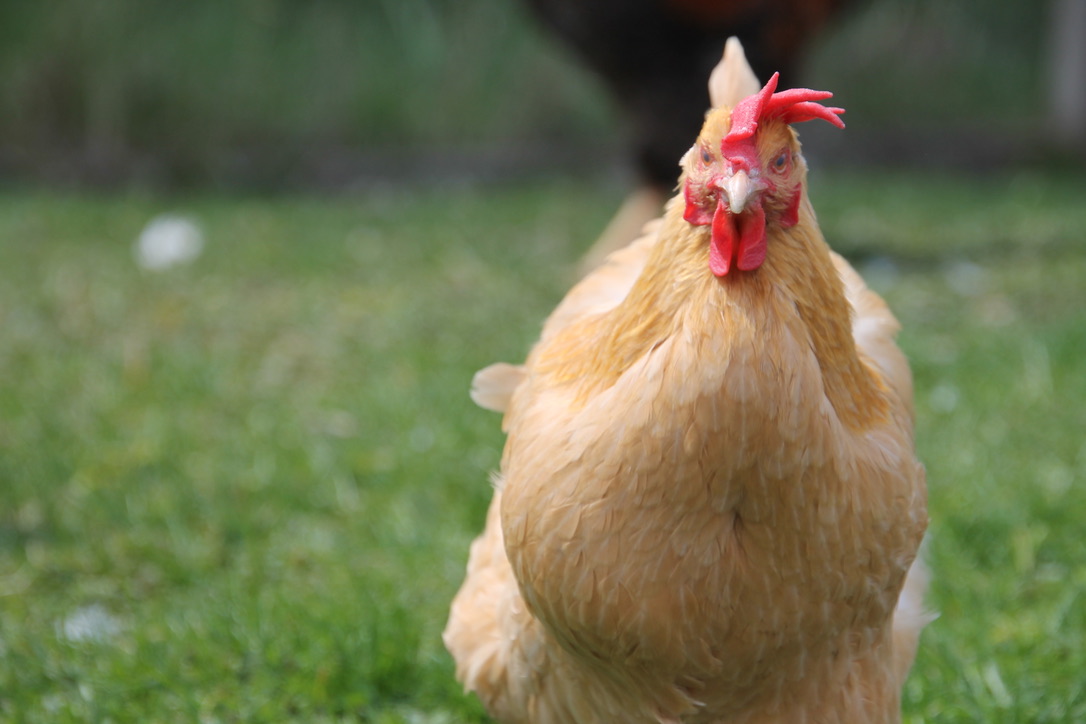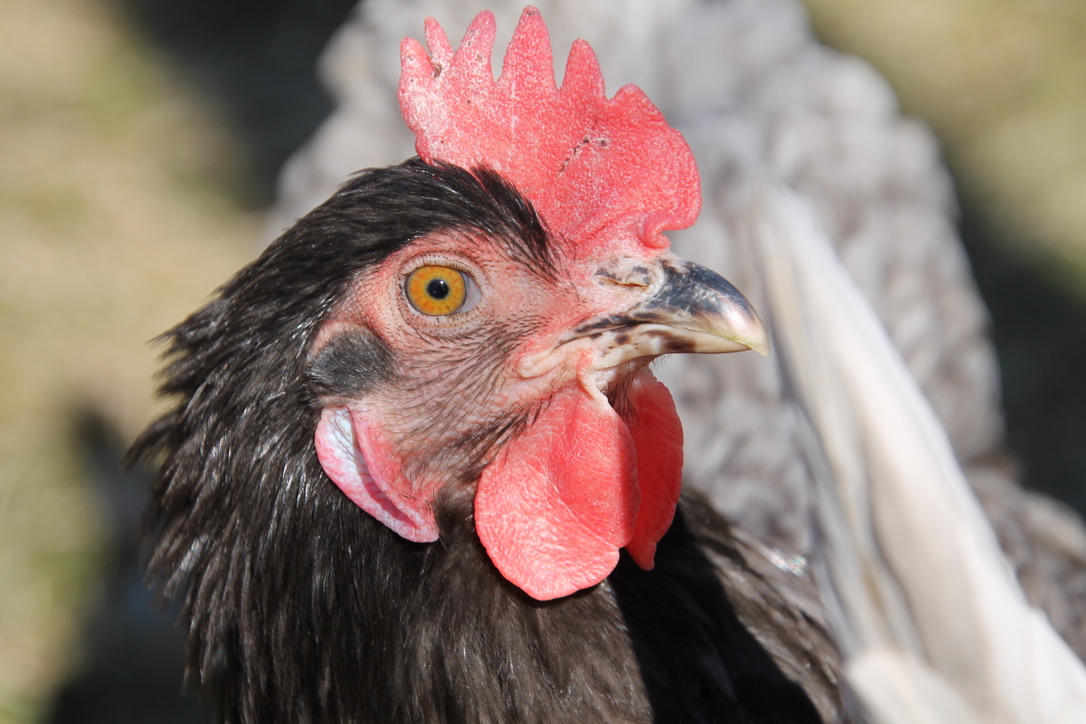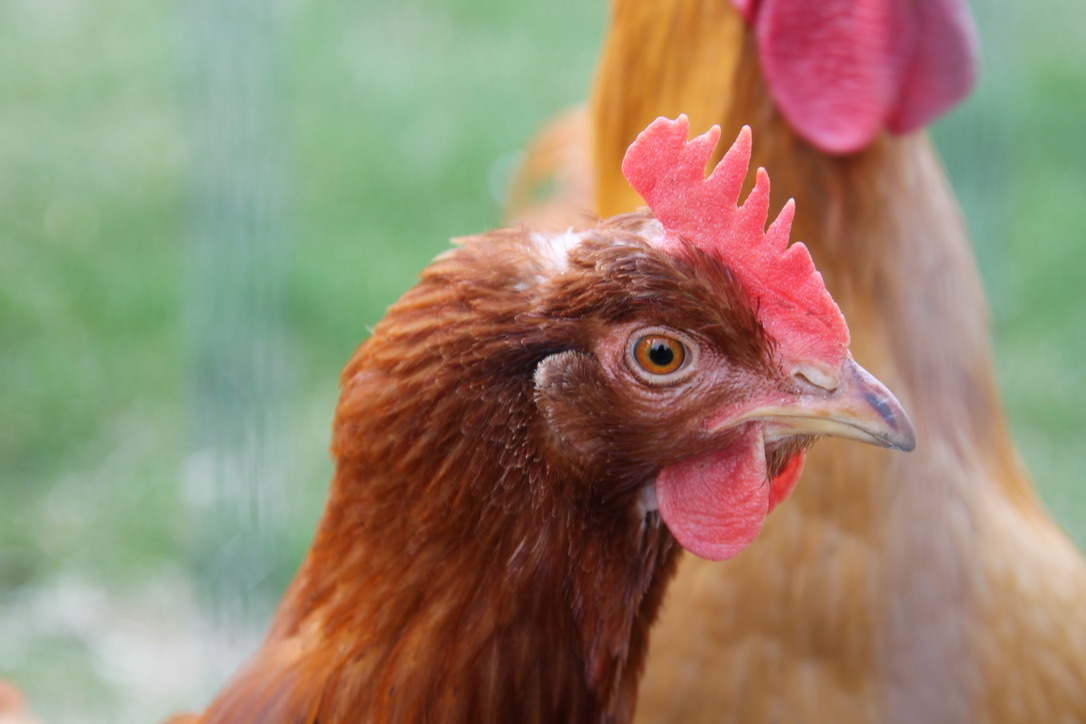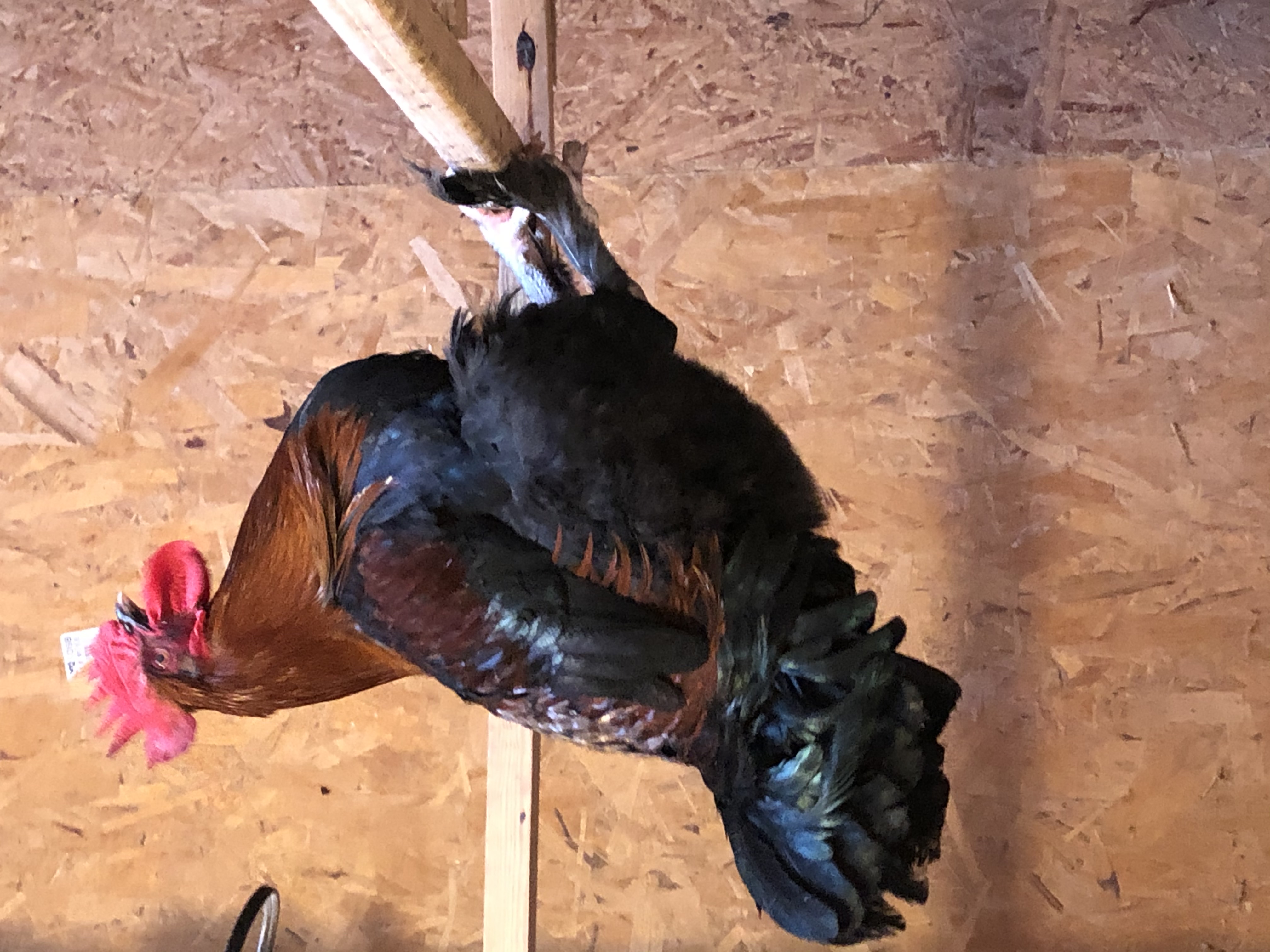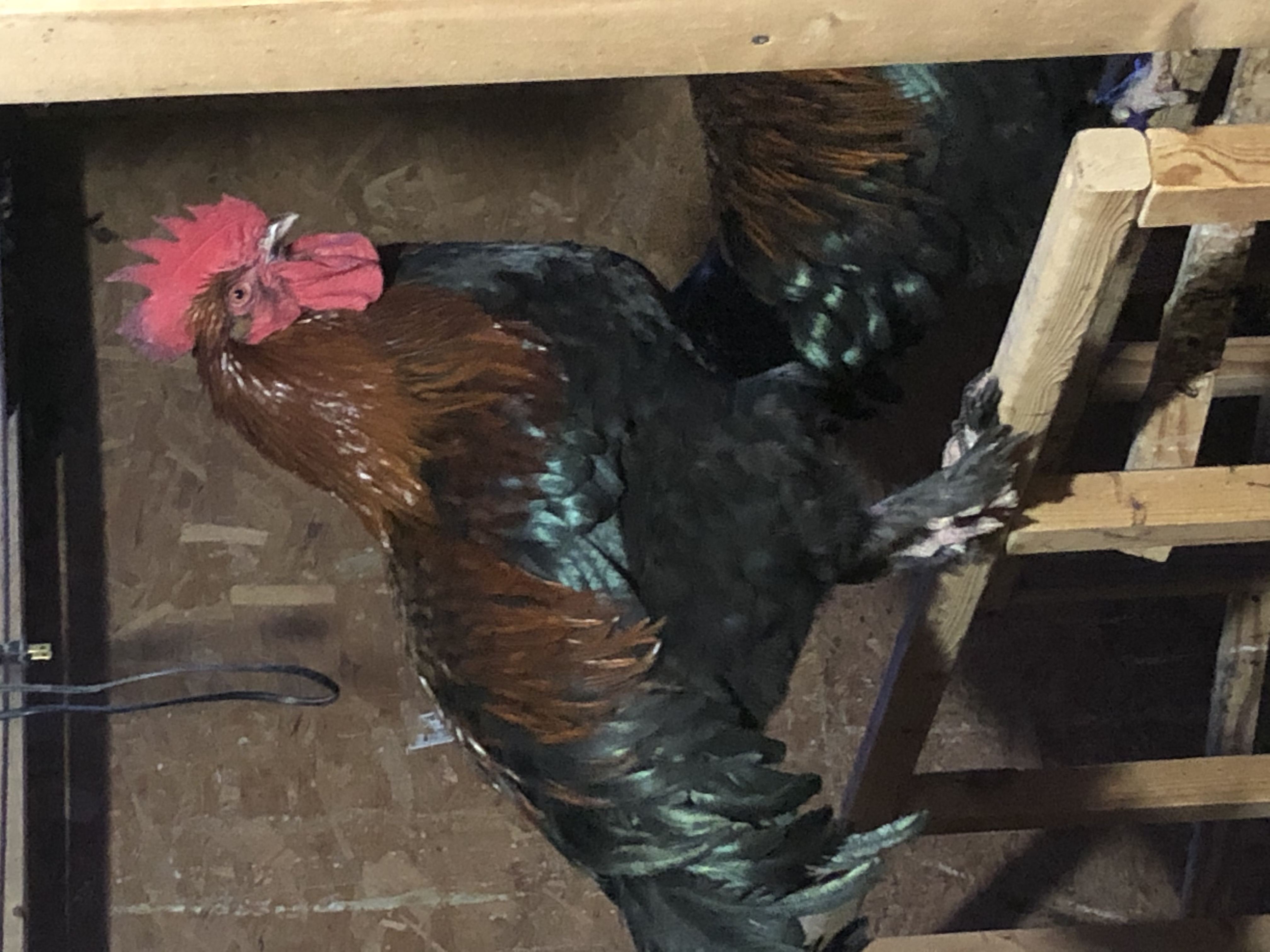The Hardest Gift
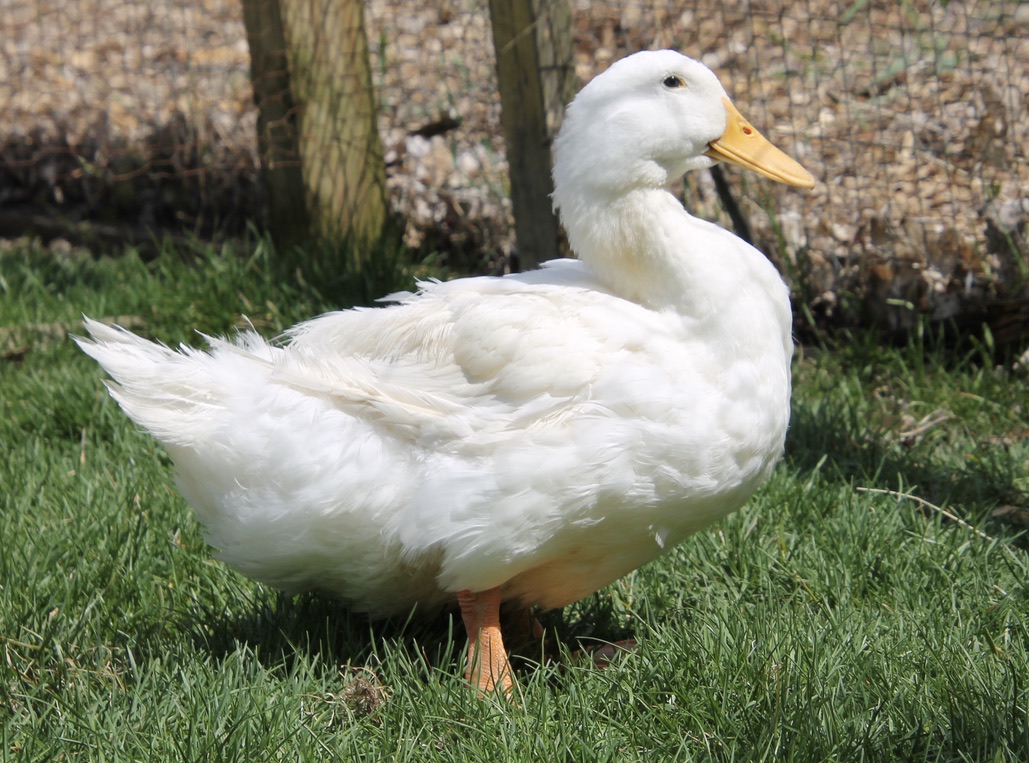
It is the best gift we can give to our beloved pets.
It is also the hardest gift.
Living on a farm involves living with many kinds of animals. In our case, our family extends to 3 dogs, numerous indoor cats, barn cats (feral, yet an important part of our lives), ducks, chickens and koi.
When one of them falls ill or gets injured, be it duck or dog, cat or chicken, or even koi, we try our best to help them. Depending on the problem and the animal, I scoop them up and take them to the vet. And, yes, in case you are wondering, our vet treats chickens and ducks. Sometimes it involves giving them medicine or bandaging wings. Over the years, I have learned how to medicate ducks, hens and ornery roosters. It is best to have two people, but I’ve been known to do it by myself. First, you have to separate the bird from its flock. Then placing one arm around its body while keeping the wings down (they are fragile yet powerful!), you shove the medicine down the bird’s throat, past the gullet. This last part is important—if you fail to get it past the gullet, they will spit back at you.
Although giving medicine may be challenging, the hardest aspect of caring for a beloved pet is making the decision to let the animal go. We have so many euphemisms for this: putting the animal to sleep, an act of mercy, putting the animal out of its pain.
Over the last ten years, we have had to confront this moment more times than I want to remember. I have learned that it doesn’t get easier with age or experience. In fact, each time is harder—not only the decision, but especially “the after,” when that soul, that personality is gone from the everyday.
This winter, although not a particularly hard one, has been a winter of loss for us. The temperature fluctuations and seasonal changes always claim a hen or two. This year, we lost 3 hens and 2 young roosters (not even a year old!)
We also lost Portia, one of our white ducks. She had limped since she was a duckling but seemed to enjoy life. The first two summers she kept up with our two other ducks, Cesare and Calpurnia. Then sometime last fall, as we rounded the ducks and hens up to put them inside the barn, we saw that she had been injured. Her wings were bloodied.
We took her to the vet, tended her wounds, and separated her from Cesare and Calpurnia. When she healed, we put her back with her friends. But a few days later, there was blood on her wings again. So we kept her separate from them. We don’t know for sure why they attacked her. We suspect her limping made her an easy target. One thing we have learned from raising chickens and ducks is that they can be bullies.
Yet this past winter, Portia began to decline. Her limp was worse, and she wasn’t keeping herself clean. We had planned to get new ducks so she could have friends—ducks are social and upon hearing Cesare and Calpurnia she would call to her former flock.
Then one day, Portia was injured—this time her face was bloodied. Back to the vet—it seemed as if one of the chickens had attacked her. The vet cleaned her wounds and x-rayed her leg. The x-ray showed dysplasia. It would not heal and would only continue to cause her pain.
Now my goal was to keep her alive until we could let her outside, so she could swim and clean her feathers. And she could sleep in the sun and feel its warmth.
Yet, even that proved to be too far into the future for Portia.
Every day her quality of life declined. About two weeks ago, I made the decision to “let her go.” My husband accompanied me. I held her and sang to her, I told her I loved her and would miss her.
The vet assured me heaven wouldn’t be heaven without ducks. I believe her.
